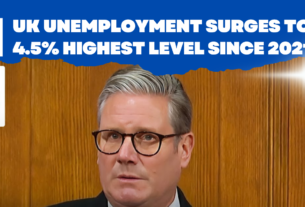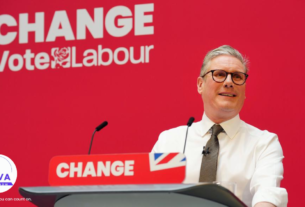Northern Ireland’s public services are bracing for a challenging period following the UK government’s recent Spending Review, which many officials and analysts say falls short of addressing the region’s mounting needs. Although the review does include a small real-terms increase in funding for the next financial year, around 0.9%, this boost disappears in subsequent years, leaving the Executive departments facing what Finance Minister Conor Murphy described as a “flat cash” scenario by 2024–25. With rising inflation, wage pressures, and a growing population, that effectively means a cut in real terms. The Executive had hoped for an additional £1.6 billion a year to shore up public services, but that hasn’t materialized.
The draft budget for 2025–26, shaped in the wake of the Spending Review, proposes a £19 billion allocation, with around £16 billion dedicated to day-to-day operations and the remainder for capital investment. Health and education are set to receive the largest portions, but they also face the biggest pressures. To support this spending, the Executive is proposing a 5% increase in the regional rate for households and a 3% rise for businesses, modest changes that still raise concerns about their impact on families already grappling with cost-of-living challenges.
A recent cross-party parliamentary report has sounded the alarm over the state of Northern Ireland’s essential services. Healthcare, in particular, is in crisis, with hospital waiting lists among the longest in the UK and emergency departments frequently overwhelmed. The mental health system is also under immense strain, with demand around 40% higher than in other parts of the UK. In education, delays in providing support for children with special educational needs are another pressing issue. Policing, too, is under pressure due to reduced budgets and rising operational demands.
While the UK government has announced a £3.3 billion financial package to support the return of the powersharing institutions, questions remain about whether this settlement will be enough. The deal includes provisions for tackling hospital waiting lists, increased borrowing flexibility, and changes to the Barnett formula to better reflect Northern Ireland’s needs. Yet, the Northern Ireland Fiscal Council has warned that the region’s spending needs are roughly 20% higher than England’s, suggesting that even these new arrangements may leave gaps in future budgets.
As Northern Ireland moves forward with its budget planning, leaders face tough choices about where to allocate limited funds. Without further support or reform, public services could continue to struggle under the weight of unmet demand.




